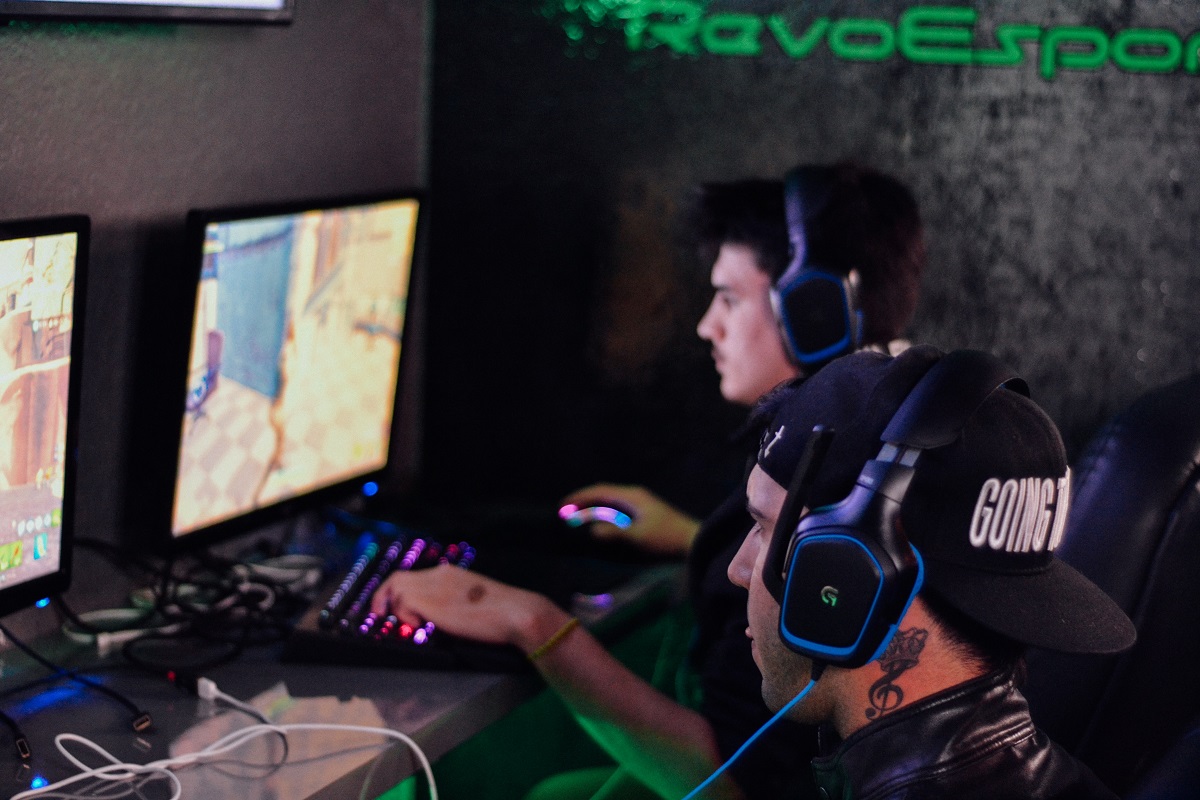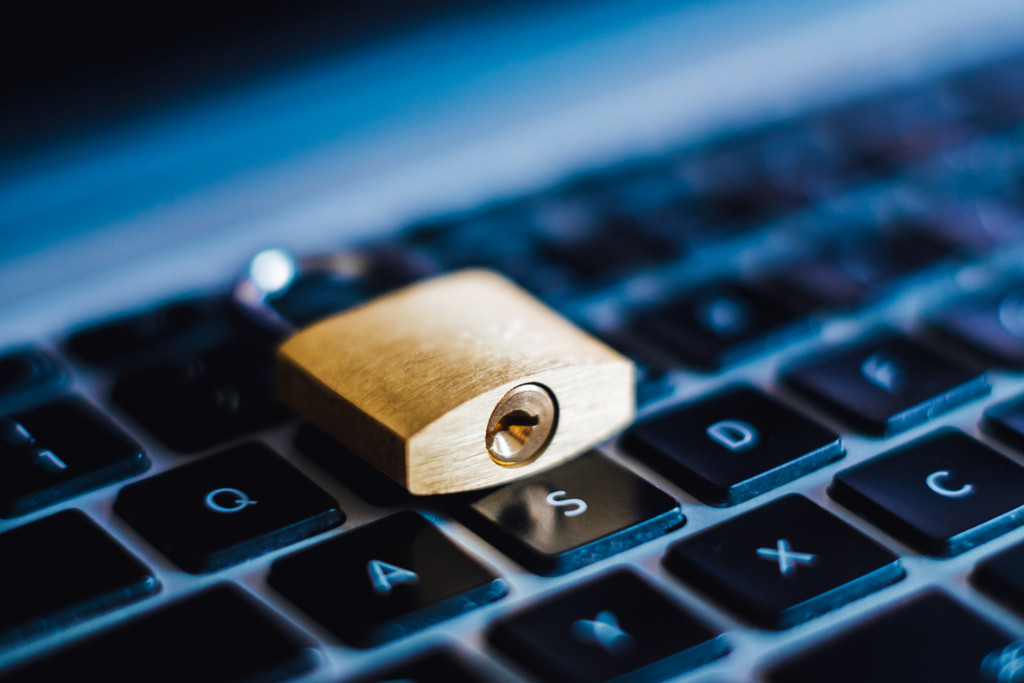Nobody expected that gaming would turn into a multibillion-dollar industry. Back in the late 1990s and early 2000s, experts even predicted that it would be a phase teens and younger adults would just outgrow. Now, there are 2.7 billion gamers all over the world. People spent $159.3 billion on games alone in 2020.
The COVID-19 pandemic was one of the key drivers of 2020’s growth in gaming because of state lockdowns. But that isn’t the only reason. Gaming has been growing for years, as it has become more inclusive and accessible. Mobile games have boomed since people no longer have to purchase computers and consoles to game. Platforms such as Steam and Epic Games allow easier distribution of cheap and free video games.
The rising popularity of gaming has turned it into an opportunity for financial abuse, especially for hackers who are always looking for an industry to exploit. There’s no wonder why attackers are showing an interest in the world of video games; most gamers are unaware of their online safety. They often engage in less-than-ideal behavior such as buying cheats and installing pirated games, which are open invitations for cybercriminals.
From password stealers to gaming malware disguised as power-ups, gamers have become open prey. And now they have caught the attention of ransomware, which is one of the most popular types of money-making malware to date. In this blog post, we go over the risk that ransomware poses and how gamers can protect themselves through security solutions that include antivirus software for protection and file server solutions for regular backups.
What ransomware is and how it infects game files
 Ransomware is malware with destructive capabilities that hold your data for ransom. It locks access to files on a device through encryption. These can only be released using a key that is provided when the victim pays up, with costs ranging anywhere from a hundred to thousands of dollars in Bitcoin. Gamers are heavily targeted because they are more invested in their data. With their long-developed in-game content locked, they cannot progress without starting from scratch, making them more than willing to pay the ransom.
Ransomware is malware with destructive capabilities that hold your data for ransom. It locks access to files on a device through encryption. These can only be released using a key that is provided when the victim pays up, with costs ranging anywhere from a hundred to thousands of dollars in Bitcoin. Gamers are heavily targeted because they are more invested in their data. With their long-developed in-game content locked, they cannot progress without starting from scratch, making them more than willing to pay the ransom.
These threats are often delivered through the following means:
- Security holes hidden within the game and game mods
- Illegal downloads or pirated games
- Links sent through the games’ chat system
Well-known examples of ransomware that targets gamers
One instance of ransomware affecting gamers is Telsacrypt, which can infect popular games such as Call of Duty, World of Warcraft, World of Tanks, and Minecraft. It is designed to seek and encrypt game-related data such as saved game files, game items, maps, and configuration files. Once encrypted, gamers can no longer access the files unless they pay for the key.
Syrk is another popular gaming ransomware disguised as a Fortnite hack. It was advertised as an aimbot that could help Fortnite gamers aim precisely. The cheat even claimed that it could find other players’ locations in the game. Once the aimbot was downloaded, it would infect the entire device. The ransomware could infect any USB drives connected to the computer. It even had the potential to delete batches of files every two hours.
Ransomware such as Telsacrypt and Syrk will hold your machines hostage until you pay for the ransom. They are a serious threat for gamers, as data cannot be restored even after re-installing the game. So how can you keep your machine from getting infected?
How you can protect yourself and your game files against ransomware
First, your devices must be fully updated. OS vendors release patches that address any “holes” in your system that could let in ransomware and other malware. Any existing vulnerabilities are taken care of with the security patches, preventing cybercriminals from potentially accessing your device and data.
Second, accept no offers from strangers that are suspicious or too good to be true. You need to be more cautious with your account, especially with people who message you any links. Do not click on these links directly, as they could lead you to infected websites. Avoid installing mods and hacks from shady third-parties that could also be malware in disguise. Report any individual or website that offers these.
Third, install cybersecurity software. The best ones come with a mode that can protect your computer without disrupting or slowing down your gaming experience. These come with additional features that can improve your gameplay, such as minimizing background processes or cleaning your device. Safety Detectives lauded BullGuard as the best antivirus to improve CPU performance, while Norton is a close second, thanks to its fast scanning even during high-power gaming sessions.
Fourth, you need to perform regular backups. You can use an external hard drive to manually back up your files. Another option would be to sync files to the cloud so that they are continuously backed up and protected. Unplug any backup drives from your machine when not in use.
Lastly, never pay ransoms. Do not negotiate with these cybercriminals. There is no guarantee that you will regain access to your game files. It is better to start over again instead of sending money to hackers that will fund future crimes.
Takeaway
Gamers work hard to unlock their achievements, whether it be secret maps, new characters, or special skills. It would be a shame to lose all of that progress to a situation that would have been completely avoidable. Learn to build barriers that will protect yourself from being another ransomware victim. As the saying goes, prevention is always better than cure.

